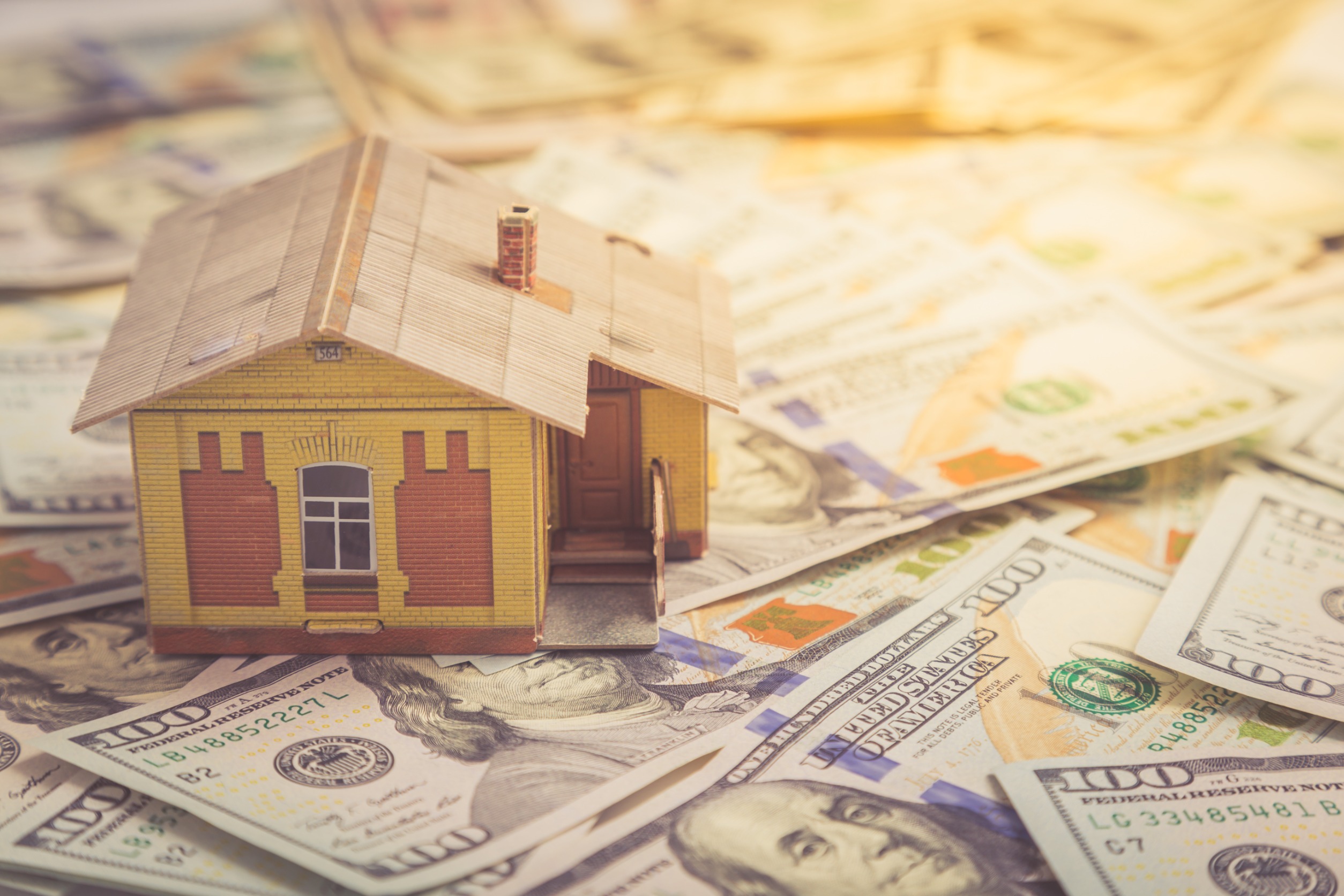
123rf
So, you’ve been checking your monthly expenses and can’t shake the feeling that your money is somehow slipping through the cracks? Well, you might not be wrong. Your home could be full of little money leaks that are silently padding your bills. The good news? Many of these can be plugged with simple fixes that don’t require a call to a professional. Let’s dive into 10 common household money leaks and how you can fix them today for a tighter, more budget-friendly home.
1. Leaky Faucets
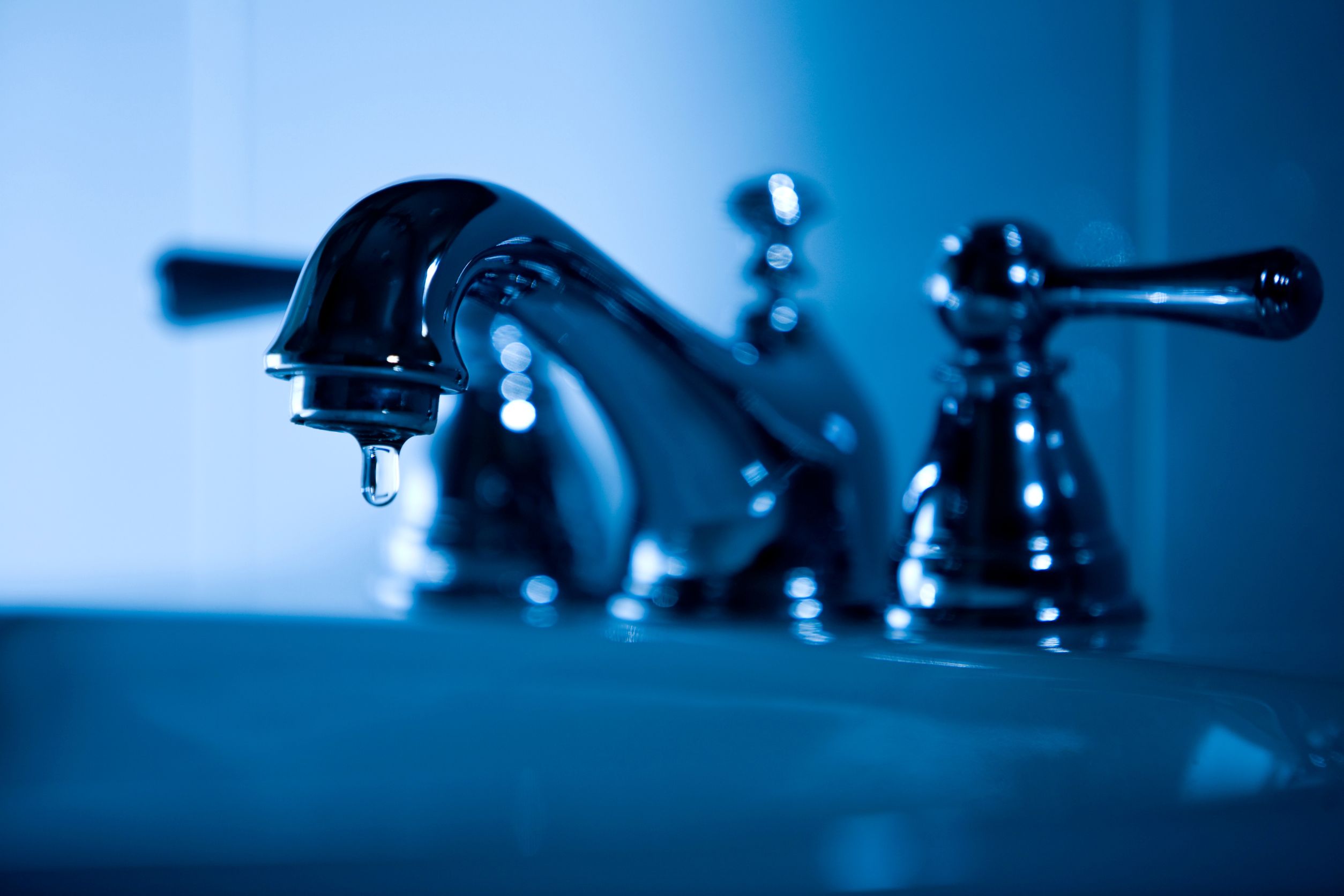
Canva
That drip-drip-drip isn’t just a nuisance; it’s a drain on your wallet. A single leaky faucet can waste gallons of water a day, adding unnecessary costs to your water bill. The fix is usually as simple as replacing a worn washer or tightening a few screws. You can find tutorials online that will guide you step-by-step, or you can pick up a DIY repair kit from your local hardware store. Patching up these leaks is a quick win in the battle against wasteful spending.
2. Old Weather Stripping
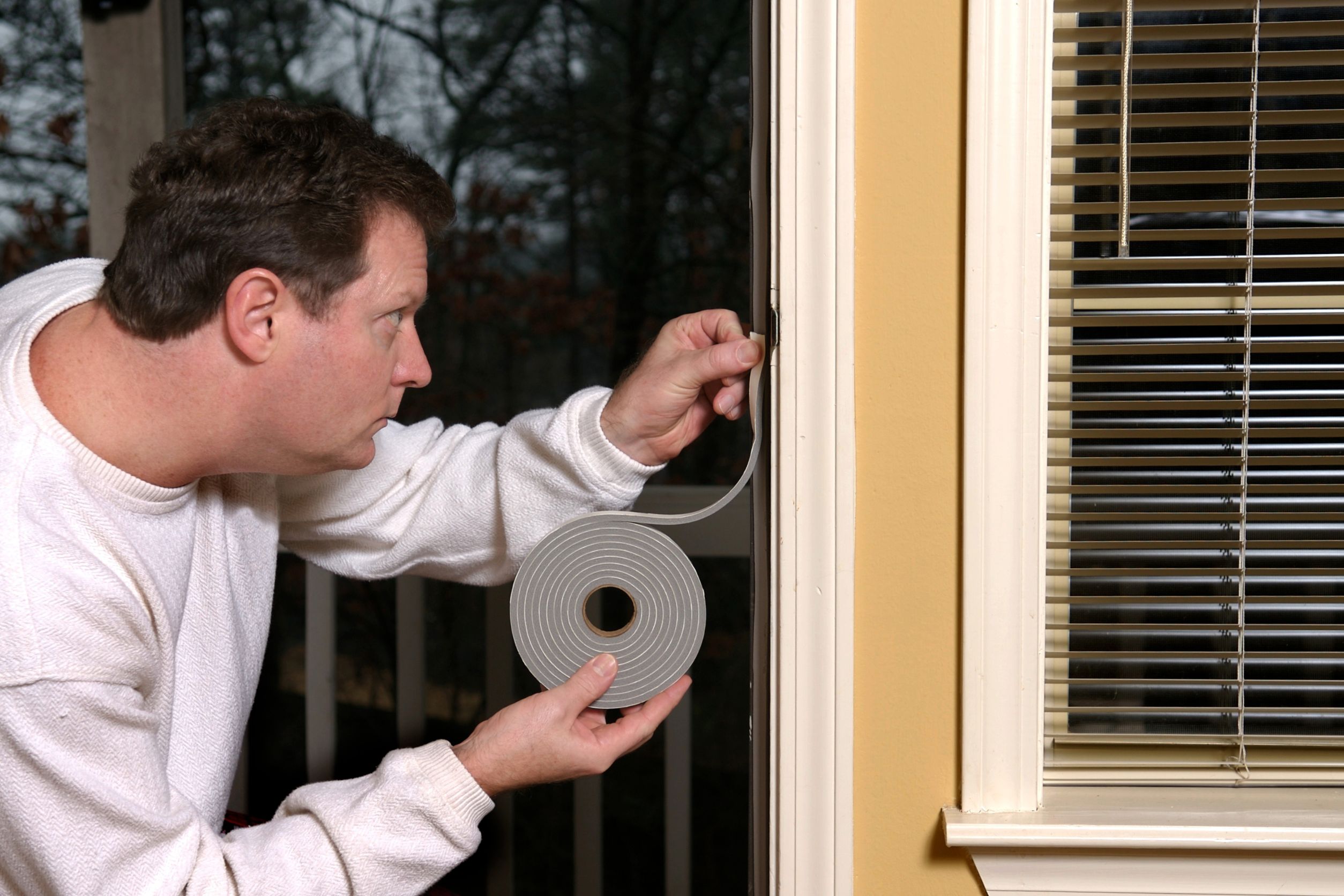
Canva
Weather stripping around doors and windows keeps the outside air where it belongs, outside. If it’s worn out, though, it’s likely letting air sneak in, making your heating and cooling system work harder and costing you more. Check for drafts by holding a candle near window frames and doors on a windy day; if the flame flickers, you’ve got a leak. Replacing weather stripping is cheap and easy, and it can make a big difference in your energy bills.
3. Inefficient Light Bulbs
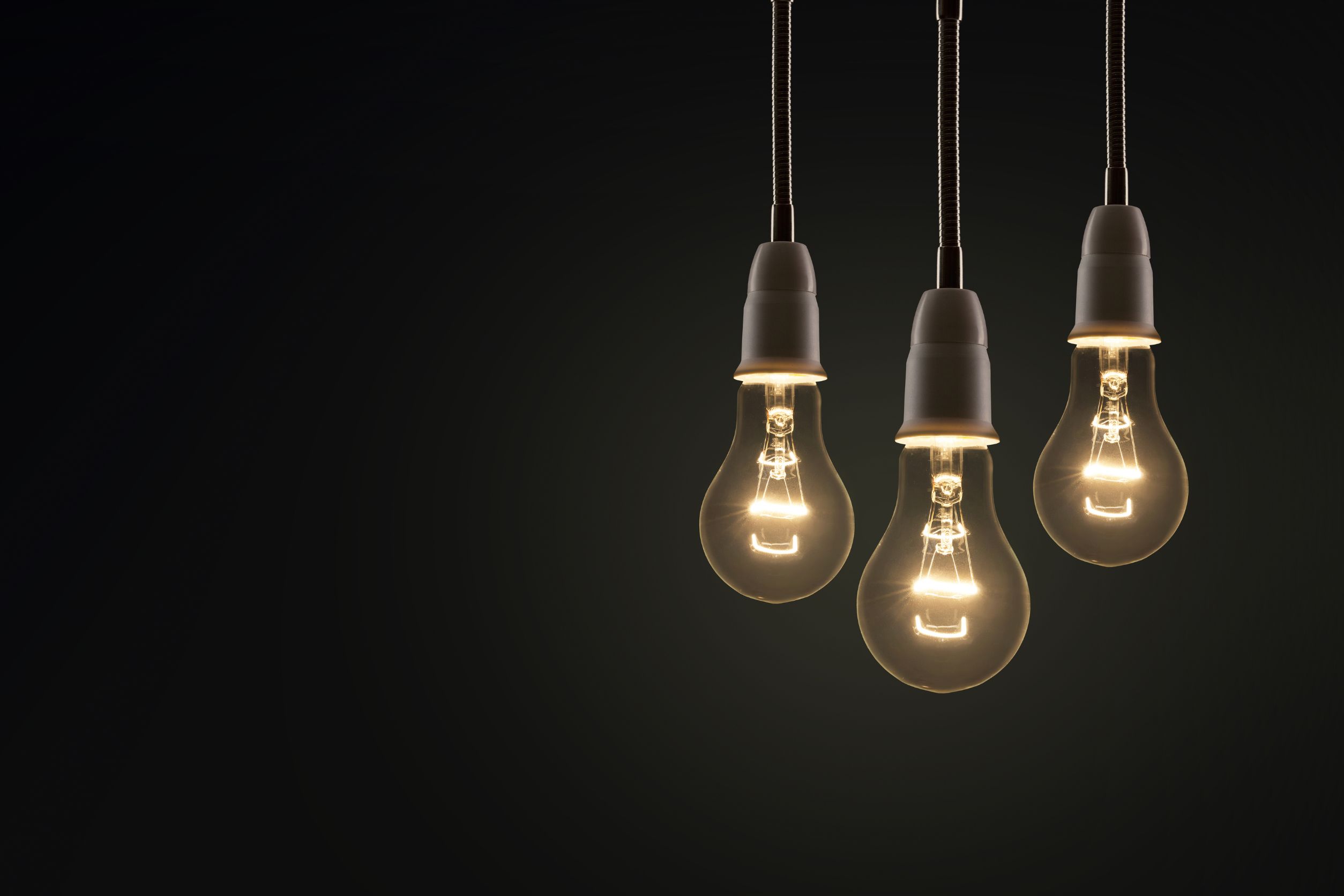
Canva
Still, lighting up your home like it’s the early 2000s? It’s time to switch to LED bulbs. LEDs use a fraction of the electricity of traditional incandescent bulbs and last way longer. Although they’re a bit pricier upfront, the savings on your energy bills will more than makeup for the initial cost. Plus, they come in various hues to enhance the ambiance of your home. Efficiency can indeed be beautiful!
4. Uninsulated Pipes
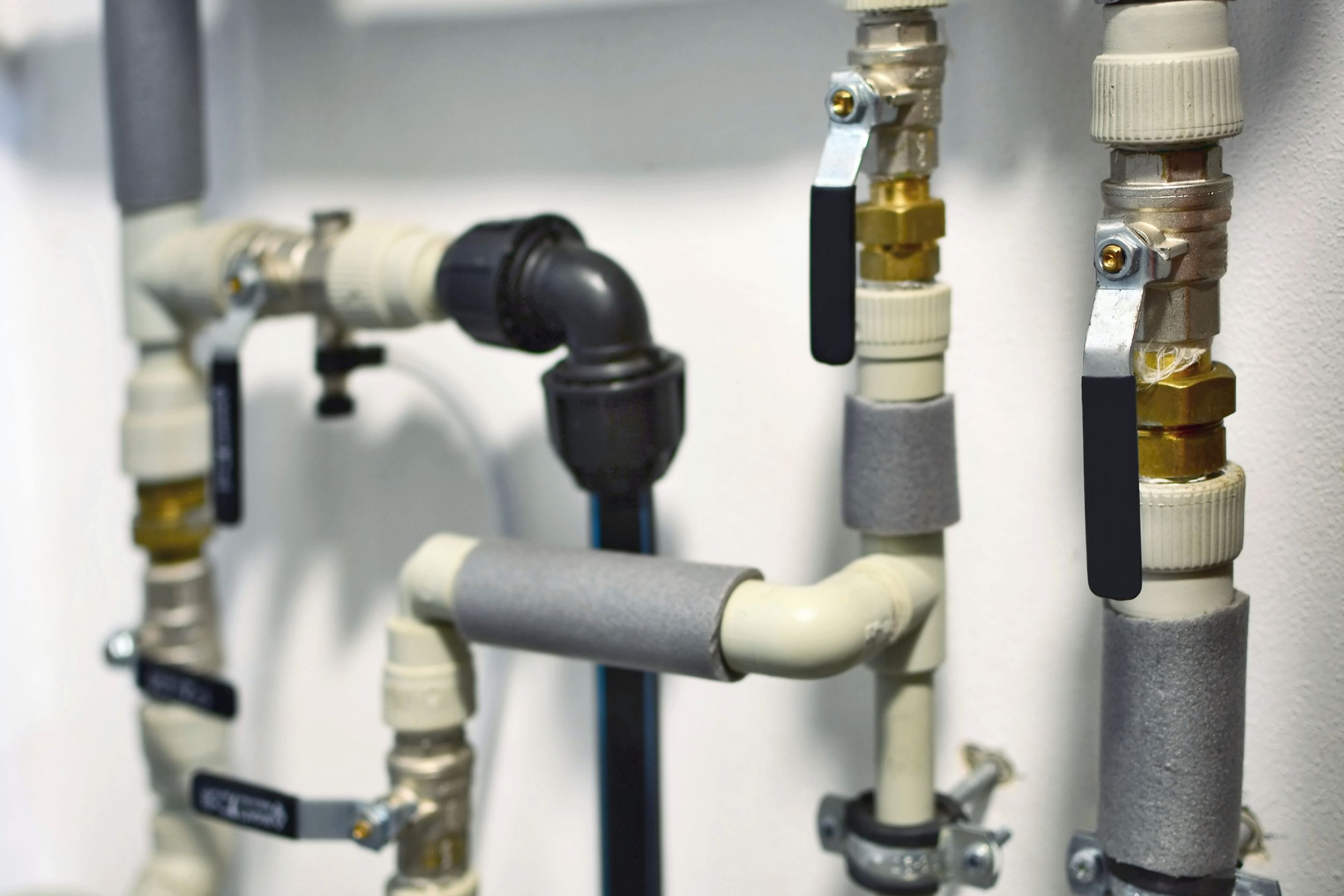
Canva
Heating water can be a major power hog, especially if your pipes aren’t insulated. This causes your water heater to work overtime to keep hot water hot while it travels through your home. Foam pipe insulation is cheap, easy to install, and can save you a bundle by reducing heat loss. Just wrap it around your pipes, and you’ll keep the heat where it needs to be. Say goodbye to lukewarm showers and high energy bills!
5. Unused Chargers and Appliances
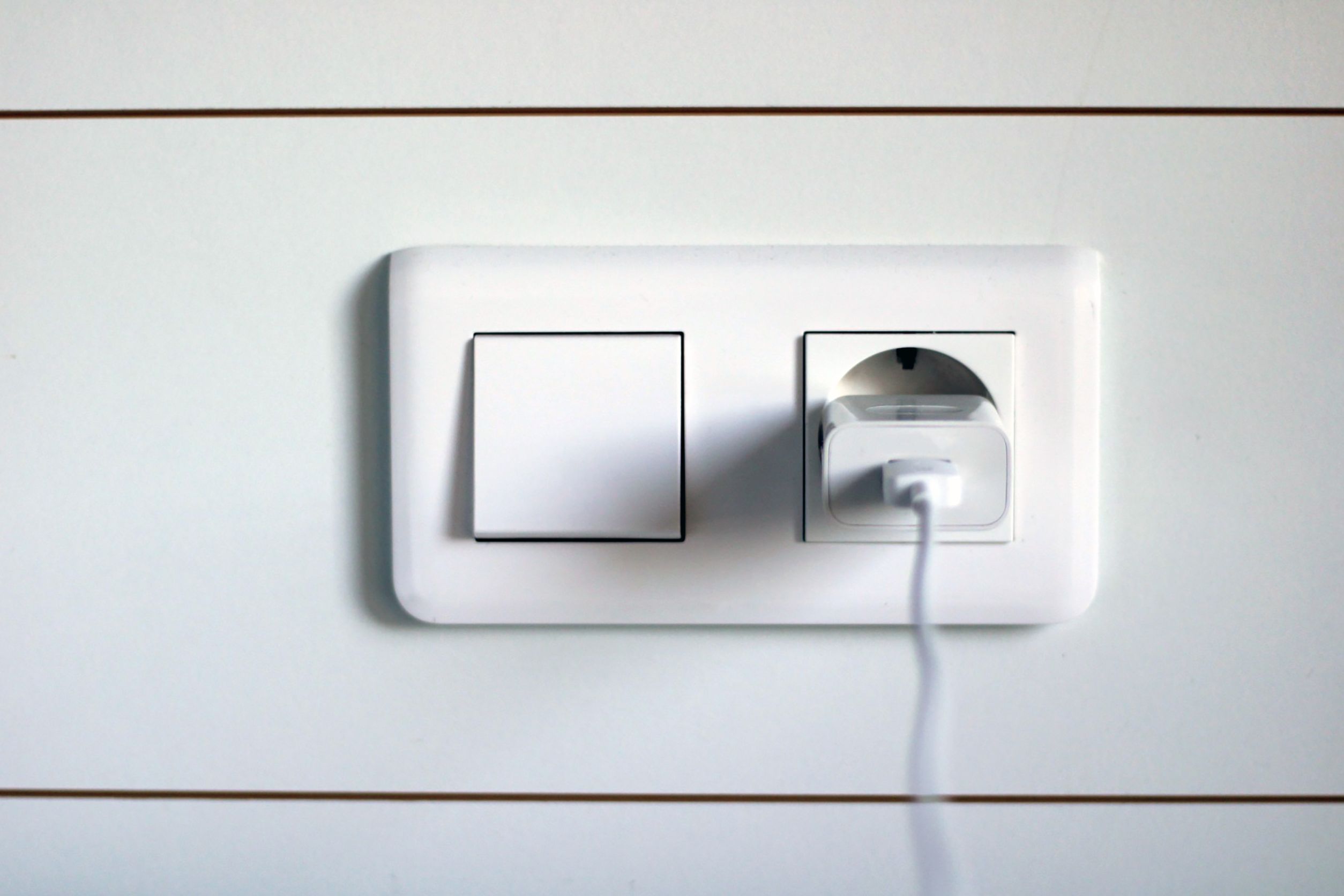
Canva
Did you know that chargers plugged in without being attached to their devices still draw power? This “phantom load” can be a sneaky addition to your electric bill. The same goes for appliances that are turned off but plugged in. Unplug these energy vampires when they’re not in use, or invest in a smart power strip that cuts power when devices are fully charged or not in use. A small change with potentially big savings!
6. Dusty Fridge Coils
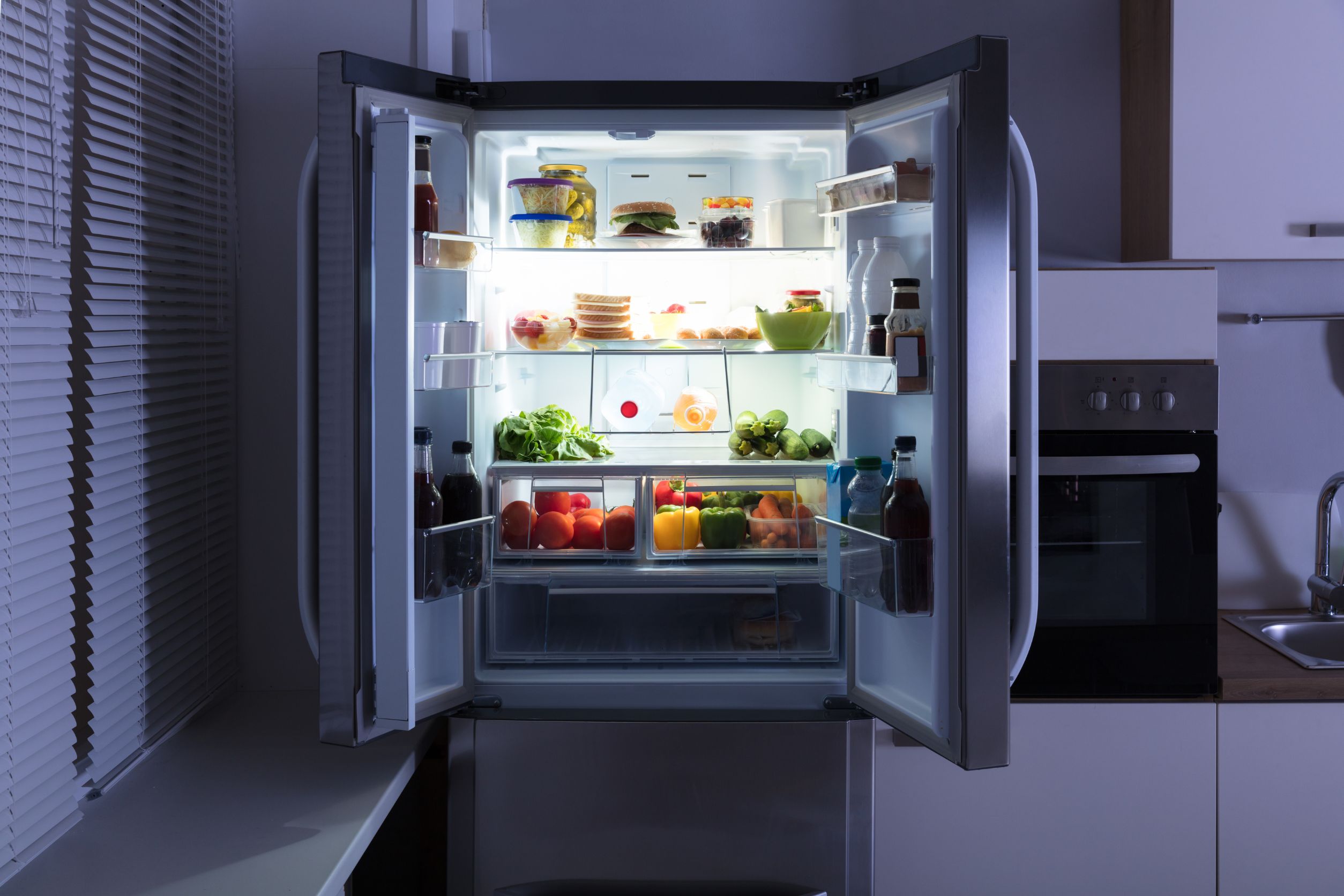
Canva
When was the last time you cleaned the coils on your refrigerator? Dirty coils make your fridge work harder to keep cool, using more energy and hiking up your power bill. Pull your fridge away from the wall, unplug it, and use a coil brush or vacuum attachment to remove the dust. This should be done at least once a year to keep your fridge running efficiently. An easy, often overlooked maintenance task that can prolong the life of your appliance and improve its efficiency.
7. Running Toilets
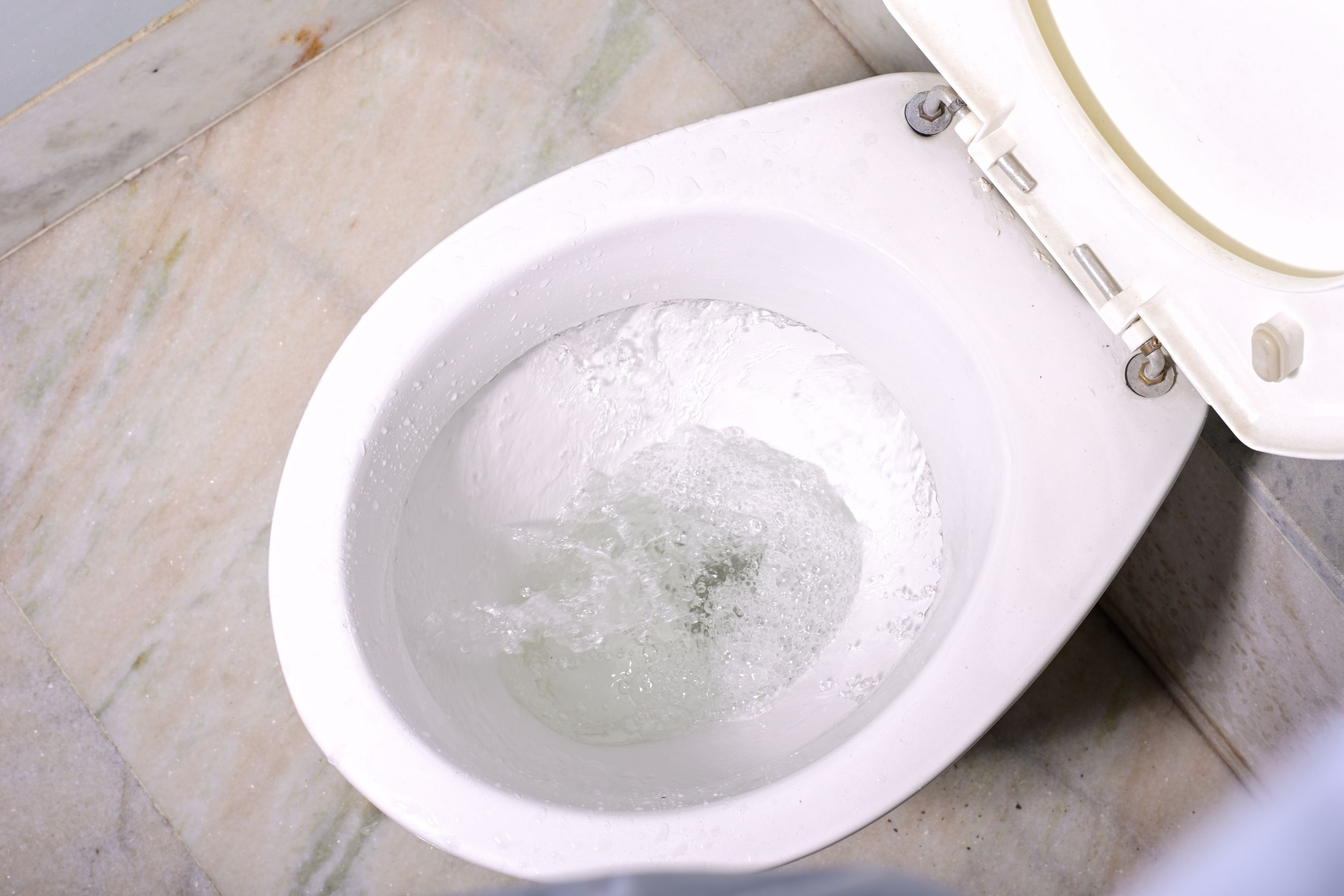
Canva
A running toilet can waste up to 200 gallons of water a day, talk about flushing money down the drain! Often, the issue is with a faulty flapper or float. Toilet repair kits are available at any hardware store and are simple enough to install yourself. Fixing this can be one of the most cost-effective repairs you can make in your home. Plus, it’s satisfying to finally silence that constant running noise.
8. Poor Attic Insulation
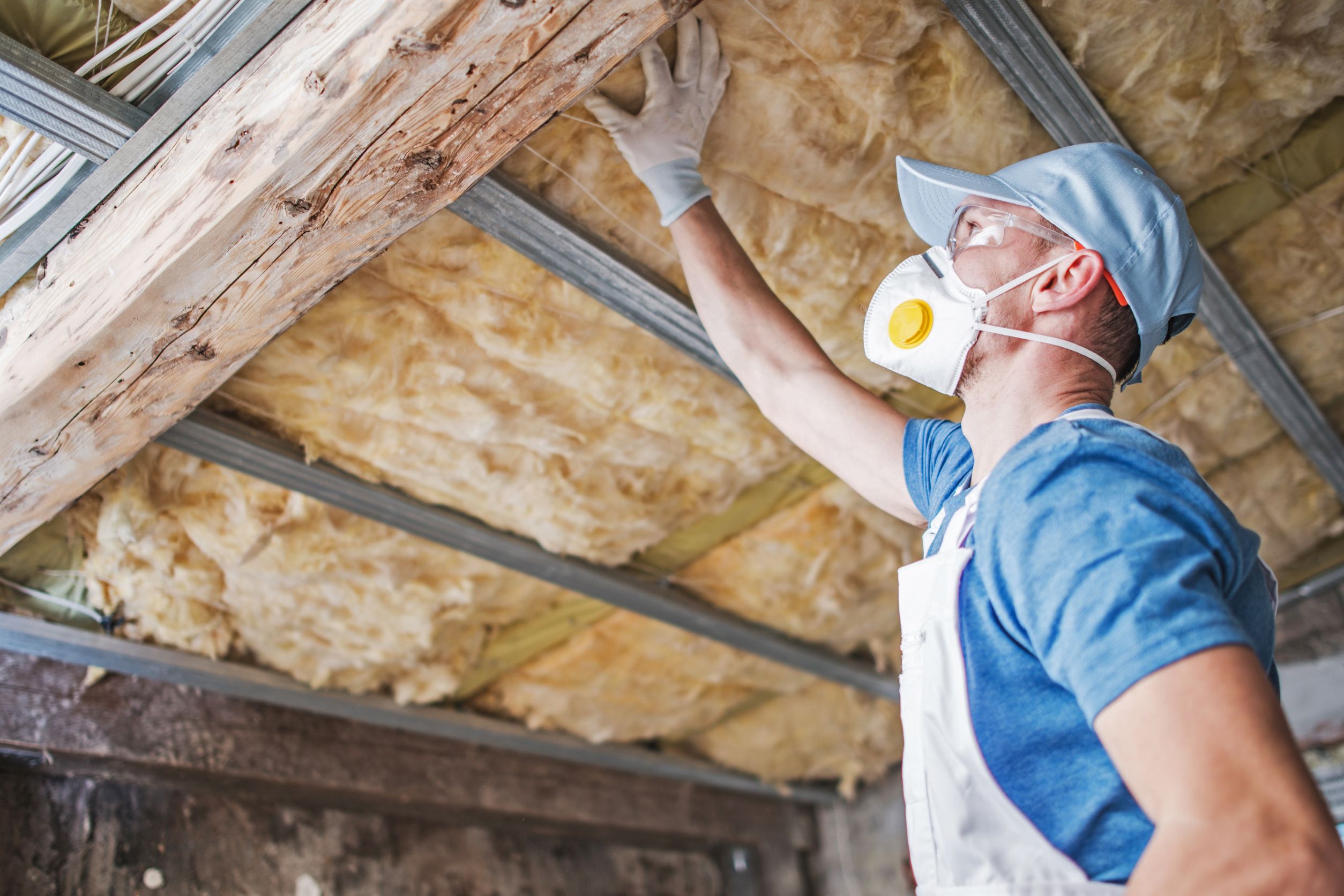
Canva
Poor insulation in your attic isn’t just a problem in winter; it affects your home’s efficiency year-round. If your home feels drafty in winter or too hot in summer, it’s likely time to reassess your attic’s insulation. Adding insulation can be a weekend project that pays off substantially in energy savings. Check out local rebates or tax credits for insulation upgrades; it might cost less than you think. This is a long-term investment that keeps on giving.
9. Overwatering Your Lawn
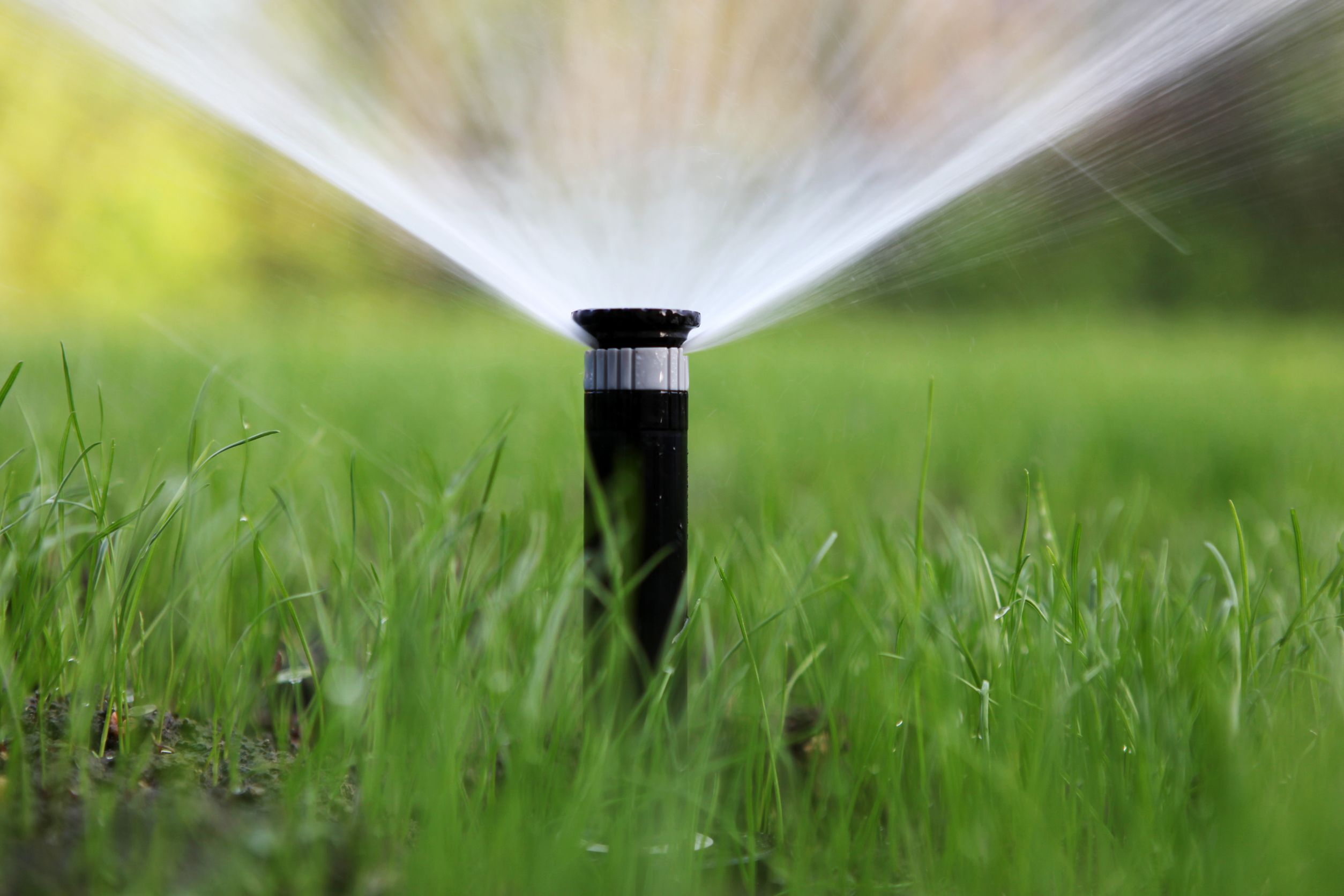
Canva
Keeping your lawn lush and green shouldn’t mean wasting water. Overwatering not only harms your grass but also inflates your water bill. Invest in a timer for your sprinkler system to water during the coolest parts of the day and only when necessary. Adjusting your watering schedule based on the season can also reduce excess water use. Plus, healthier grass means a more beautiful yard!
10. Ignored Air Filters
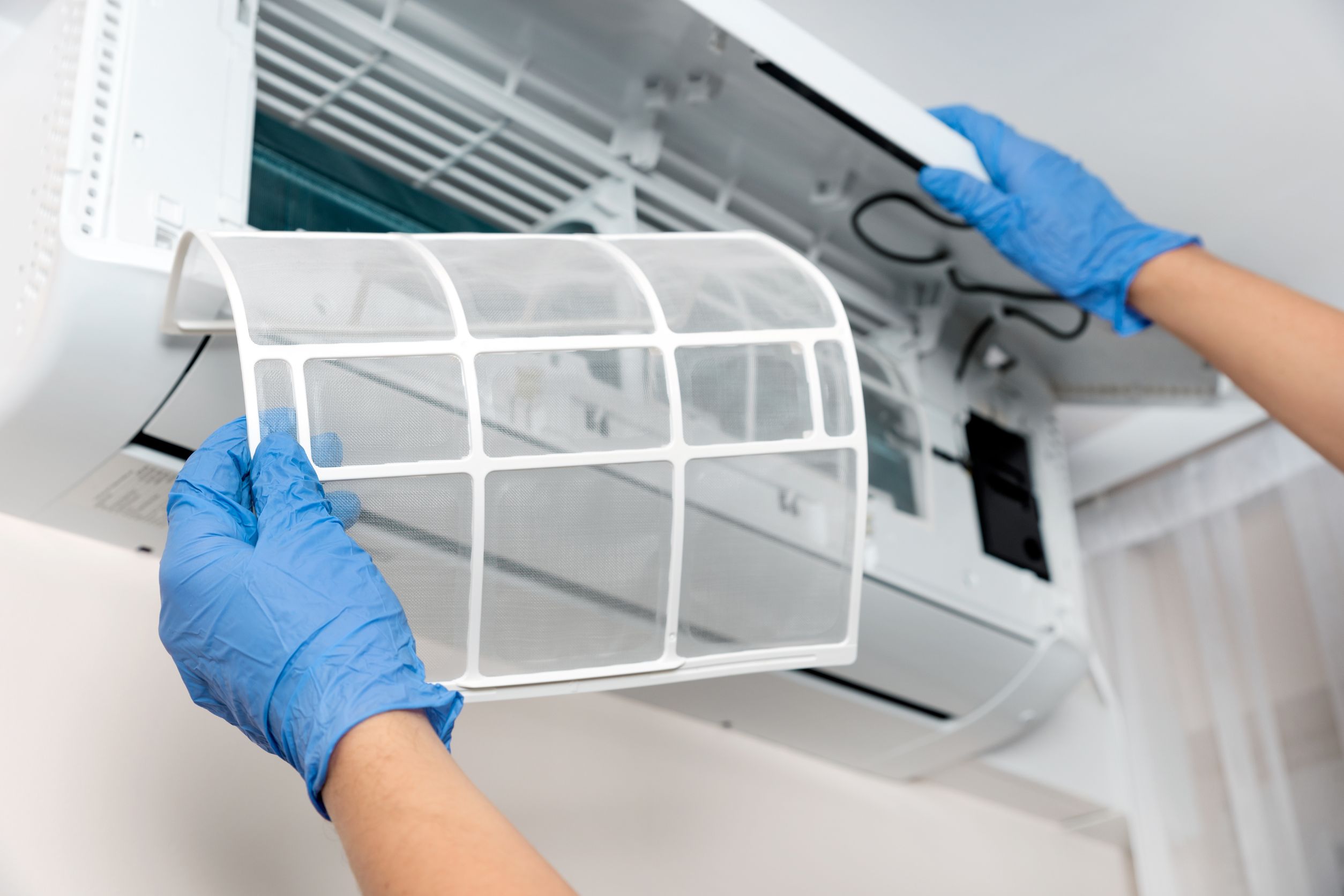
Canva
If your heating or cooling system feels sluggish, the culprit could be a dirty air filter. Filters that are clogged with dust and debris restrict airflow and make your system work harder, which costs you more. Check your filters monthly and replace them at least every three months. Keeping your air clean not only improves your home’s air quality but also its energy efficiency.
Sealing the Deal on Savings
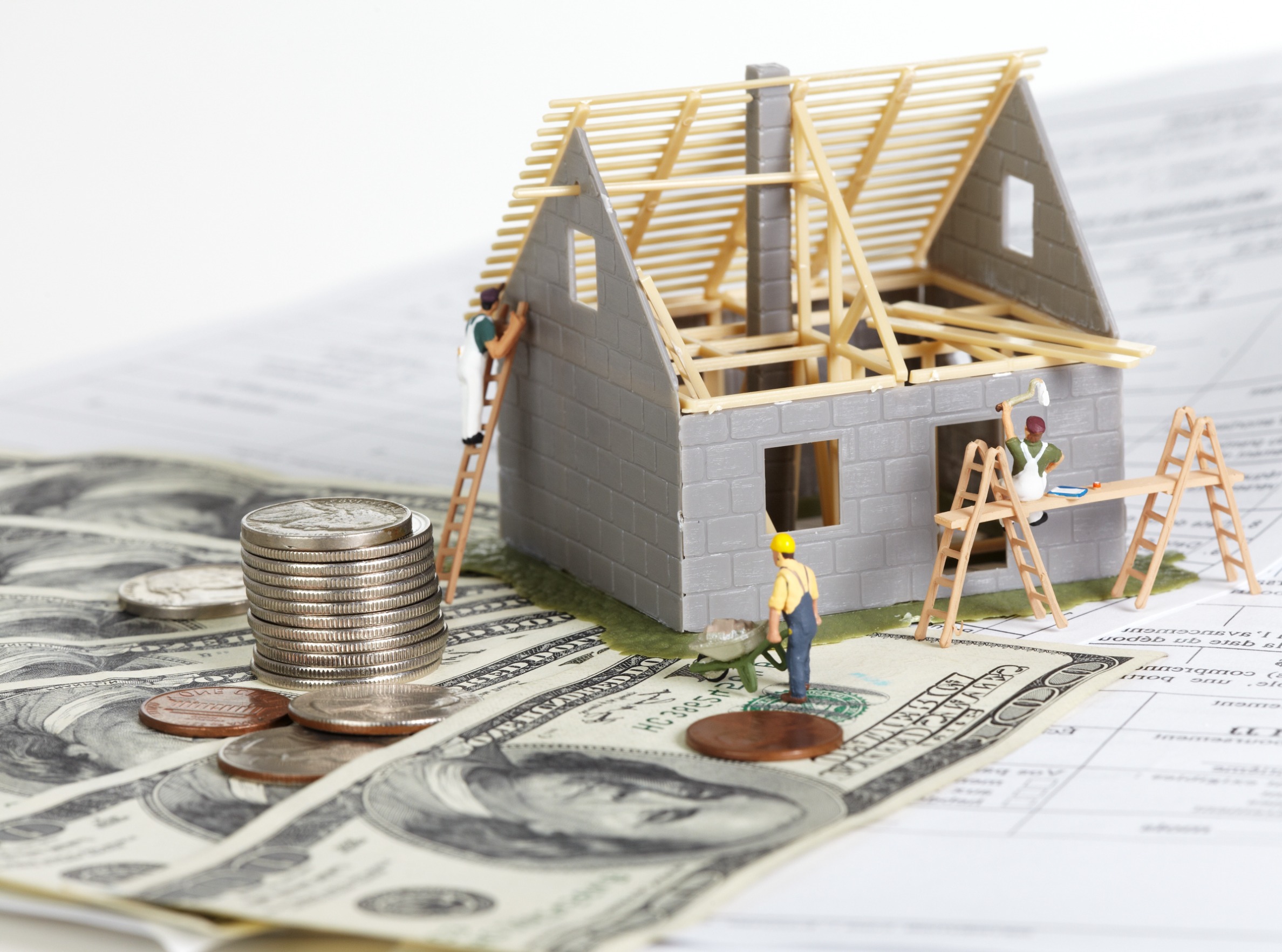
123rf
Addressing these 10 money leaks in your home isn’t just about cutting costs; it’s about optimizing your living space for efficiency and comfort. With a few tweaks and some DIY spirit, you can transform your home into a more energy-efficient, cost-effective place. Start plugging those leaks today and watch your utility bills shrink, and your savings grow. Remember, a penny saved is a penny earned, especially when it comes from simple fixes around your home!
